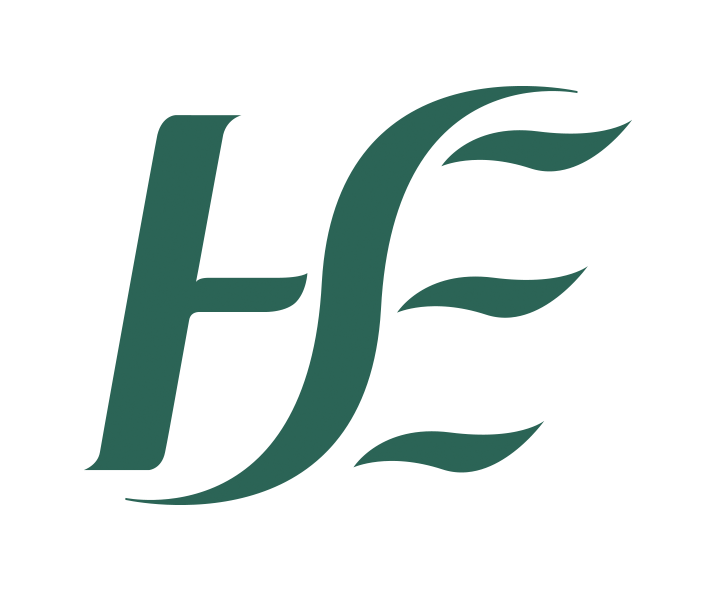To Watch The Video & Download It Directly
We appreciate your feedback! Please fill out this quick 5-question feedback form to help us with the video series.
Watch The Video In YouTube
Text
This short video is aimed at health workers caring for people with HIV to advise them on our current knowledge regarding HIV and Covid 19. And to outline precautions which should be taken during the Covid 19 pandemic.
All people living with HIV should follow the same precautions as the general population. They should wash hands frequently, cough into their elbow, practice physical distancing of no less than 1m from other people. and should follow other actions the government may recommend.
If in close contact with a suspected or confirmed Covid 19 patient, they should restrict their movement and monitor their health status for 14 days. If unwell, especially with fever, cough or breathlessness they should seek medical care.
Compliance with antiretroviral therapy is critical during the Covid 19 outbreak. Health workers should ensure that people living with HIV have sufficient medication, especially if they need to self-isolate. Or if they are unwell and cannot travel to get medication. Medication supply should never be less than one month, and ideally more. People living with HIV need to identify, in advance, a support person to purchase food and medicines should they need to self-isolate.
At present, there is no evidence that the risk of infection or complication from Covid 19 is different among people living with HIV who are clinically and immunologically stable on antiretroviral therapy, by comparison with the general population. Some people living with HIV may have other known risk factors for Covid 19 complications such as diabetes, hypertension or other non-communicable diseases. Thus, they have an increased risk of Covid 19 complication, but unrelated to HIV.
In general, people living with advanced HIV, those with a low CD4 count and high viral load, and those who are not taking antiretroviral therapy, have an increased risk of infections and related complications and so need to be most careful to avoid Covid 19, or any other infection. All people with advanced HIV or poorly controlled HIV, should consider restricting their contact with other people as much as possible.
Consider also, that in people who are immunosuppressed, including those HIV positive, Covid 19 may present with atypical symptoms, including GI symptoms and confusion. And fever may not be as prominent.
Finally, it is important to emphasise that Covid 19 and HIV are caused by different viruses. The drugs used to treat HIV do not prevent or treat Covid 19. Patients should use medications only as advised by their healthcare worker.

This work is licensed under a Creative Commons Attribution-NonCommercial 4.0 International License.

